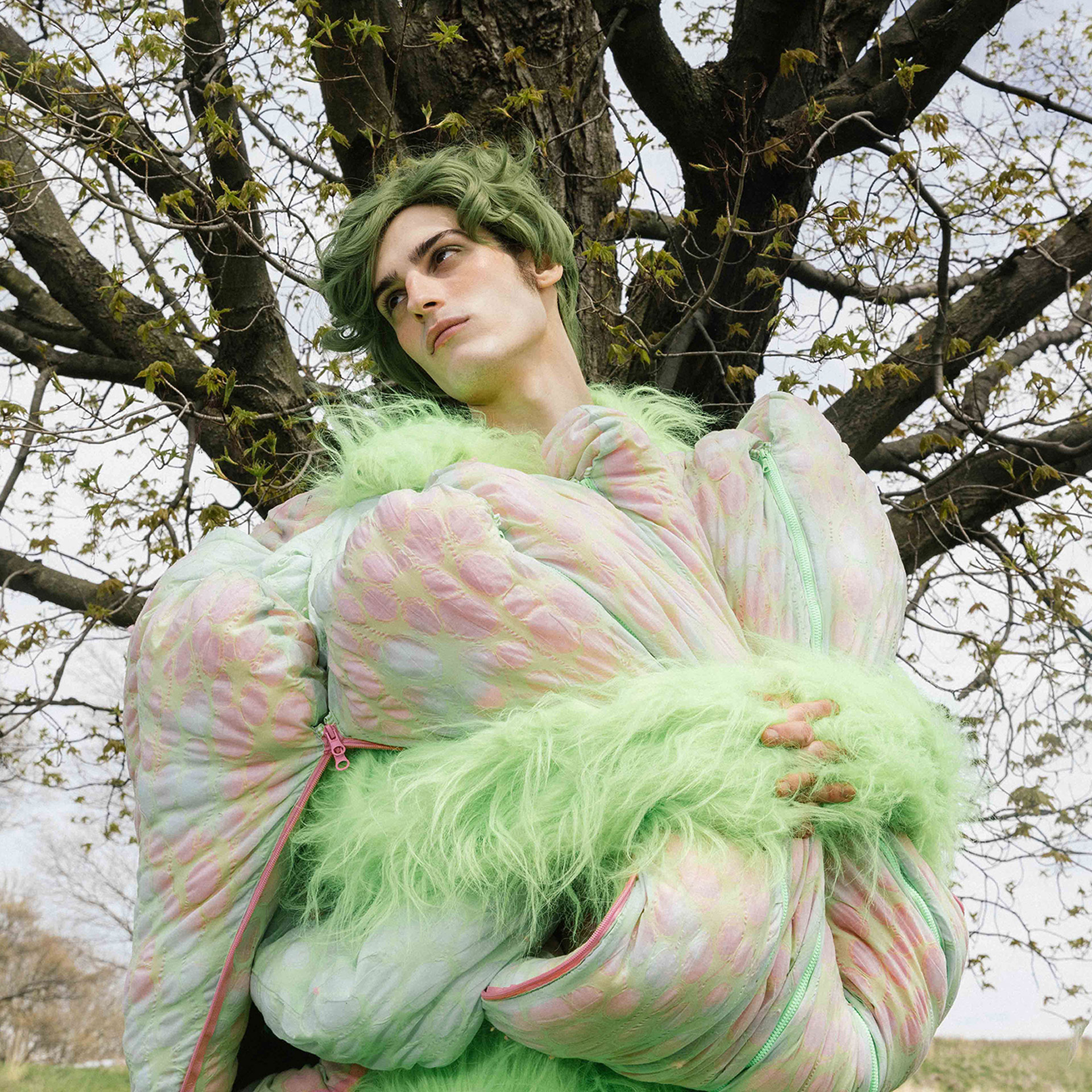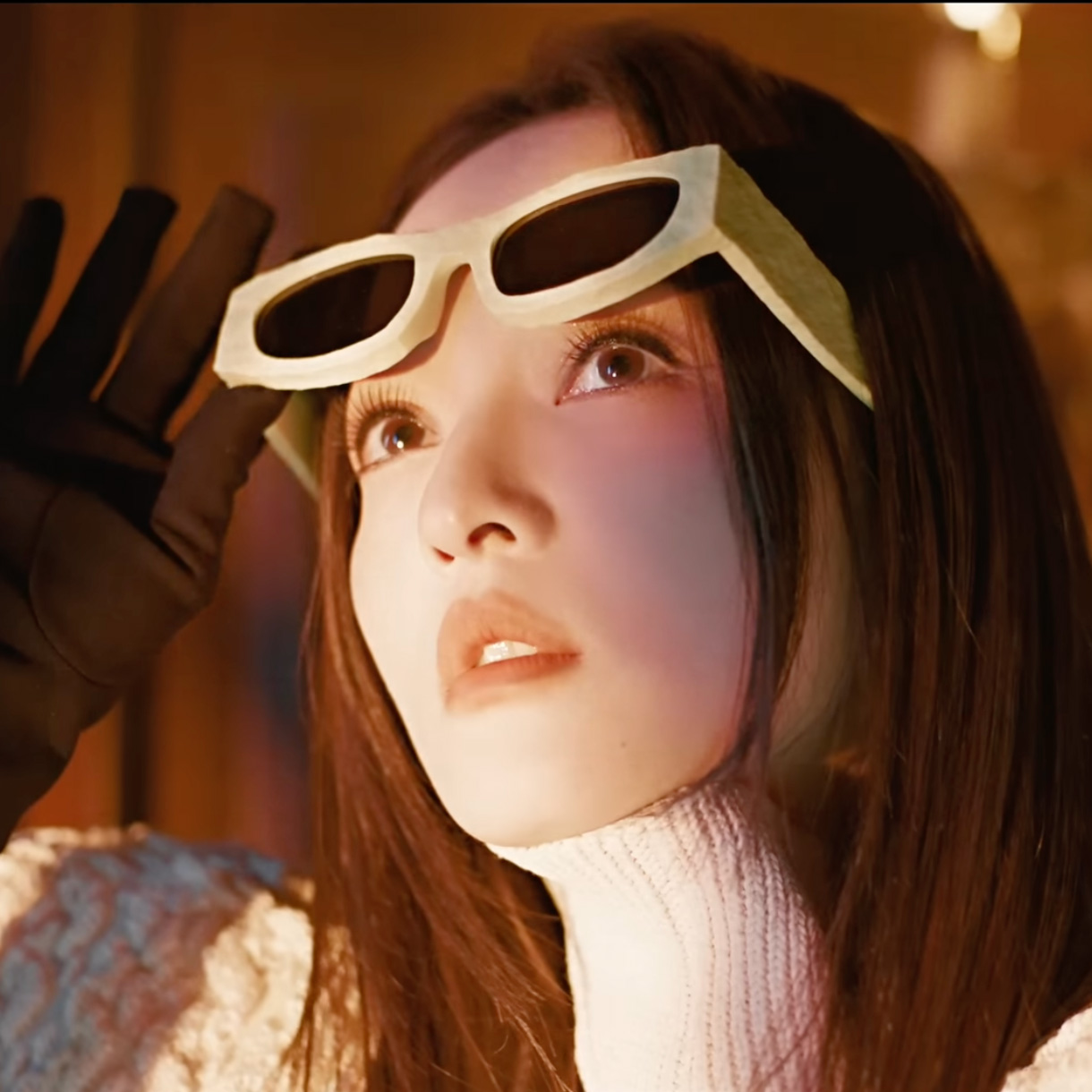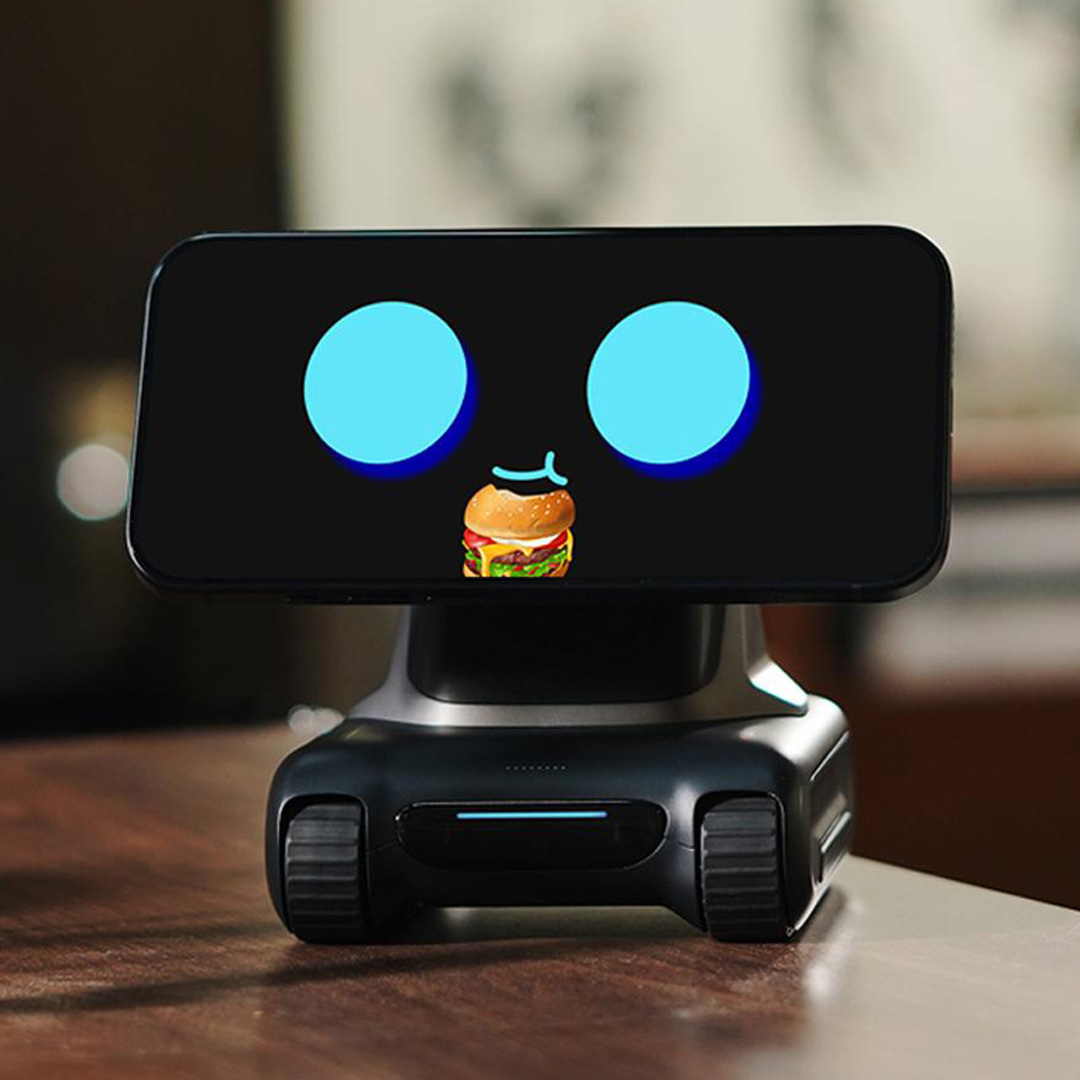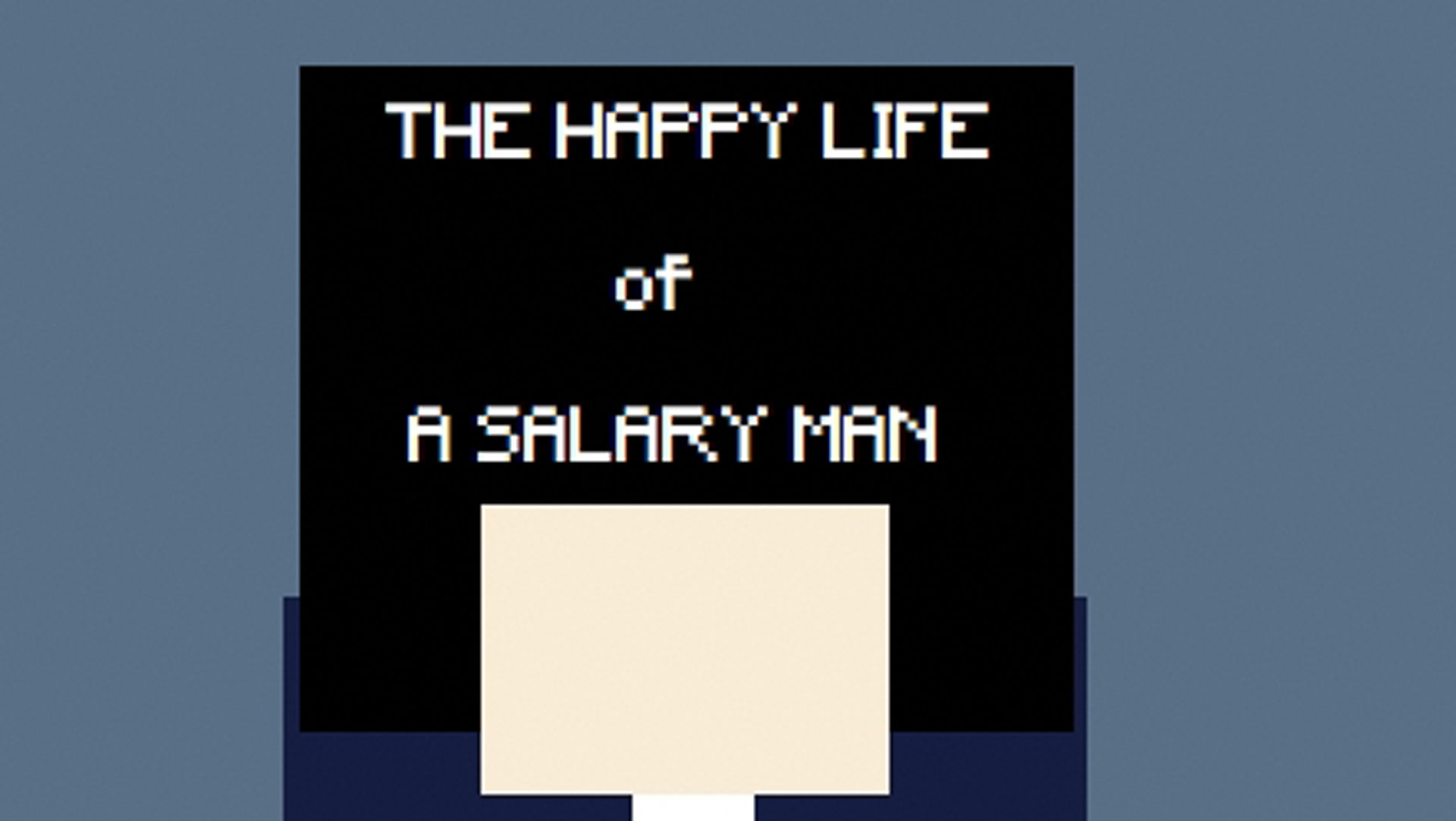Why the Happy Life of a Salary Man Matters: A Conversation with Yangying Ren
Yangying Ren
Yangying Ren is a mobile game designer who creates gentle, accessible mini-games like The Happy Life of a Salary Man, drawing from her own experiences and the emotional storytelling of indie classics.
My name is Yangying Ren, and I am a game designer for mobile games. I also create independent projects such as The Happy Life of a Salary Man, a series of small mini-games that focus on the quiet moments of ordinary life.
I grew up in a community where video games were not very open to girls, so I feel fortunate to have found my way into this industry. For me, becoming a game designer is not only a personal achievement but also a way to open doors for others who may feel excluded from games. What inspired me most were indie titles such as Celeste and Hollow Knight. They touched me deeply—not because of technical complexity, but because of the emotions, stories, and human experiences they conveyed. They showed me that games can be a powerful medium for communicating feelings and ideas.
Today, I carry that belief into both my professional and independent work. I strive to design games that are simple, meaningful, and accessible—games that anyone can play and that remind us of the value of everyday life. For me, game design is about empathy, reflection, and connection.
I decided to submit my work because I wanted to share a different perspective on what games can be. Many competitions highlight games that are innovative in technology or mechanics, but I wanted to show that simplicity and everyday life also have value.
The Happy Life of a Salary Man is very personal to me — it’s an experiment to see whether games can function like a diary, capturing quiet, ordinary moments. Submitting to this competition was my way of saying: “games can also be about empathy, reflection, and connection,” and I wanted to see if this message could resonate with a wider audience.
Winning this award means a lot both personally and professionally. Personally, it feels like recognition that my background — growing up in a place where girls were discouraged from gaming — has shaped a meaningful path forward. It tells me that voices like mine, which may not always fit the traditional mold of the game industry, can still be heard and valued. Professionally, it gives me confidence that my approach — creating accessible, inclusive, and emotionally resonant games — has a place in the industry. It motivates me to keep building projects that broaden what games can mean and who they can reach.
My inspiration came from noticing what was missing. While many indie games impressed me, I realized very few focused on the simple, everyday experiences that shape real life. That gap made me want to use games as a medium to record life itself — not through difficult mechanics or technical showpieces, but through small, relatable moments that communicate feelings and connect people.
I believe my work represents a call for inclusivity and accessibility in the games industry. We already have many brilliant, challenging indie games for experienced players, but we rarely think about making indie games for the majority — for people who may not identify as gamers at all. The Happy Life of a Salary Man is my way of saying that games can be for anyone: soft, simple, and human. They can record ordinary life, like a diary, and remind us that even small moments deserve to be remembered.
I believe what sets The Happy Life of a Salary Man apart in such a competitive field is its focus on simplicity and inclusivity. While many indie games push boundaries through complex mechanics or technical innovation, my project deliberately takes the opposite path — using very simple gameplay to capture everyday routines and emotions. It’s not about difficulty or mastery; it’s about reflection, empathy, and remembering the quiet moments of ordinary life.
One of the biggest challenges I faced while developing The Happy Life of a Salary Man was finding the right balance between simplicity and meaning. My goal was to design games that were easy for anyone to play — with no complex rules, no scores, and no skill requirements. But the risk of keeping things very simple is that the game can feel too empty or uninteresting.
I overcame this challenge by closely observing real life, allowing myself to feel the emotions in ordinary moments, and remembering the small details that give them meaning. By drawing inspiration from everyday experiences, I was able to transform simple, often overlooked routines into gameplay fragments. This approach grounded my work in authenticity and reminded me that even quiet, ordinary moments can carry powerful emotions when shared through a game.
Receiving recognition from the MUSE Creative Awards makes me feel that my voice and my way of making games — simple, accessible, and deeply personal — can truly resonate with a wider audience.
For my career, I hope this recognition opens more opportunities to collaborate, share my ideas, and grow as a designer who bridges professional studio work and experimental indie projects. It also gives me confidence to continue creating games centered on empathy, reflection, and everyday life, even when they don’t fit the mainstream definition of what a game “should” be.
The response to The Happy Life of a Salary Man has been surprisingly warm and personal. Many people — including colleagues, fellow designers, and casual players — told me that the game made them pause and reflect on their own daily lives. Some mentioned that they felt comfort in the simplicity of the design, and that the ordinary moments reminded them of experiences they had long forgotten.
One memorable moment was when a fellow developer told me the project made them think differently about what “indie” can mean. Instead of difficulty or innovation in mechanics, they saw how a game could succeed by being soft, simple, and emotionally resonant. That feedback confirmed my belief that games don’t need to be complicated to be powerful — they just need to be human.
I would simply say: be yourself, and your work will speak for you.
You are always better than you think—be brave and show your work.
A quiet anthem honoring the beauty of everyday life.
Looking ahead, I am continuing to grow both as a professional game designer and as an independent creator. I hope to build new projects that explore games as a medium for storytelling and reflection.
My next goal is to expand on the idea of games as “interactive diaries,” where players can record or share their own feelings and memories in simple, playful ways. I also want to keep experimenting with how games can capture real-world topics — from the joys of daily life to the challenges facing the game industry itself.
Winning Entry
ADVERTISEMENT










IAA GLOBAL AWARDS
MUSE Awards
Vega Awards
NYX Awards
TITAN Awards
- TITAN Business Awards
- TITAN American Business Awards
- TITAN Property Awards
- TITAN Women In Business Awards
- TITAN Health Awards
- TITAN Innovation Awards
- TITAN Brand Awards







